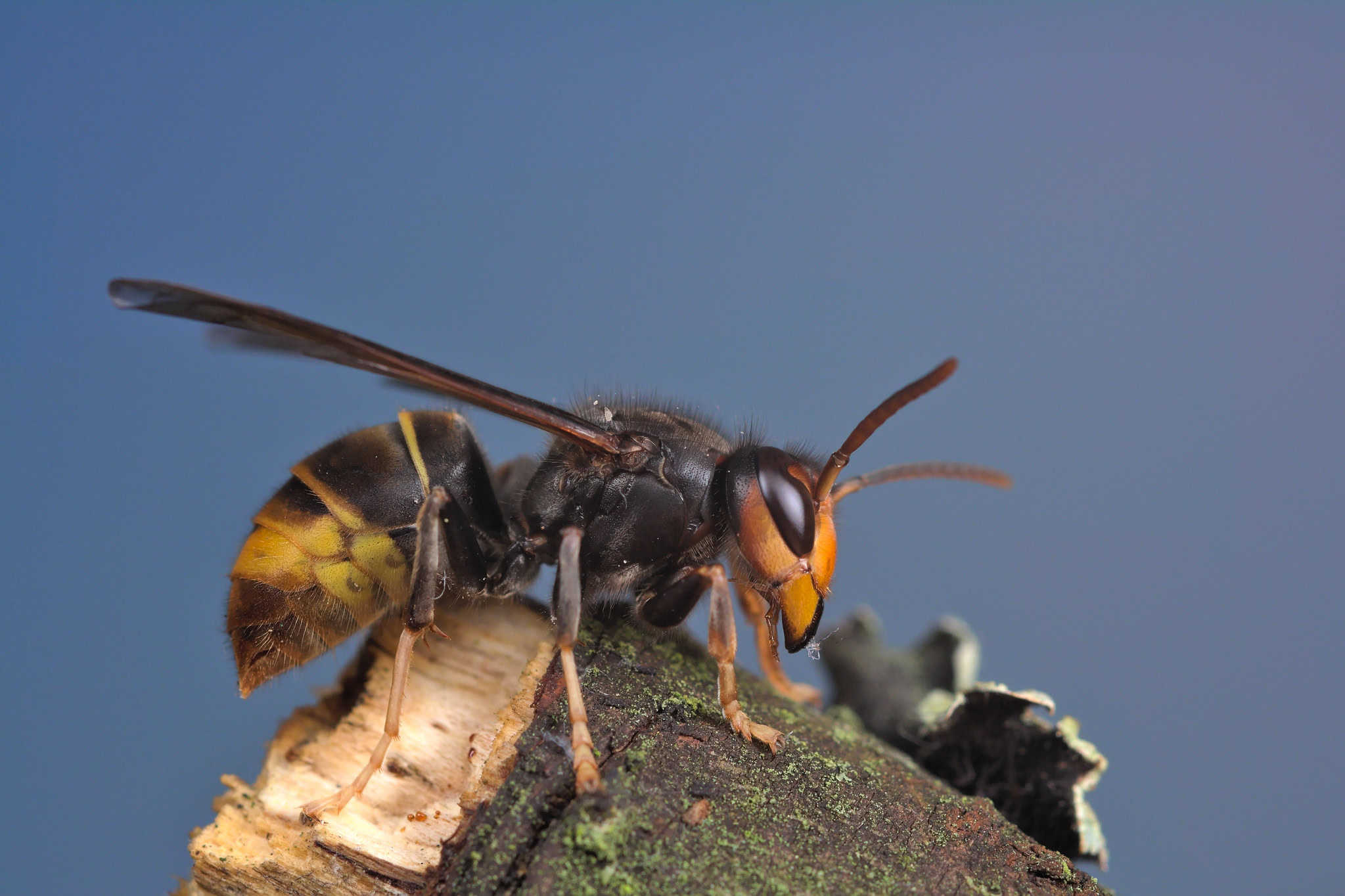Efforts to control an invasive species of hornet that poses a severe threat to honeybees have successfully halted its spread in the UK, despite the country’s climate and habitat being suitable for the insect.
A study led by the UK Centre for Ecology and Hydrology (UKCEH) has revealed that rapid responses to sightings of the yellow-legged, or Asian hornet, have prevented its establishment across the country.
The threat of the Asian Hornet
The non-native Asian hornet, which first arrived in France around 20 years ago in a shipment of pottery from China, has rapidly spread across Europe.
This hornet can kill up to 50 bees a day and has devastated honeybee colonies in countries such as France and Italy. Honeybees are critical pollinators, and their decline could have far-reaching consequences for ecosystems and agriculture.
The species was first detected in the UK in 2016, with sightings continuing since then. In 2023 alone, 44 confirmed reports were recorded, predominantly in Kent and East Sussex.
Stopping the spread
The National Bee Unit has taken swift action to combat the invasive hornet. Upon receiving reports of sightings, teams locate and destroy nests to prevent the species from becoming established.
The EU-funded research, published in the Journal of Applied Ecology, highlights that these eradication efforts have been effective. Without intervention, the Asian hornet could have spread across 1,680 square kilometres of the UK by 2020.
A broader European context
The study found that much of Europe offers a highly suitable environment for the hornet. By the end of 2023, the species had firmly established itself in France, Spain, Belgium, the Netherlands, Portugal, Italy, Switzerland, Germany, and Jersey.
If left unchecked in the UK, the hornet could have colonised 44-66% of areas with favourable conditions by 2026, according to researchers.
A cautious success
The UK’s approach has so far prevented the hornet from gaining a foothold, despite regular sightings. The removal of all identified nests has been pivotal in containing the threat.
Researchers emphasise the importance of continued surveillance and rapid action to maintain control over this invasive species. Without these efforts, the spread of the Asian hornet could have had devastating consequences for honeybee populations and pollination across the UK.
For now, the swift and targeted response provides a positive example of how proactive measures can prevent the establishment of harmful invasive species.
Source: The Guardian





